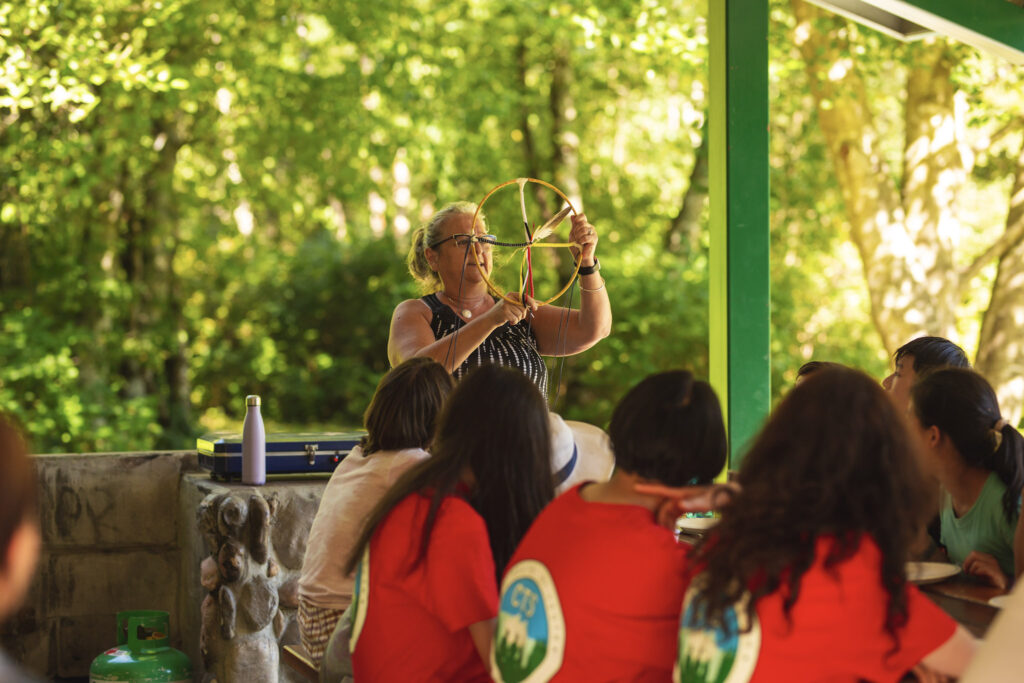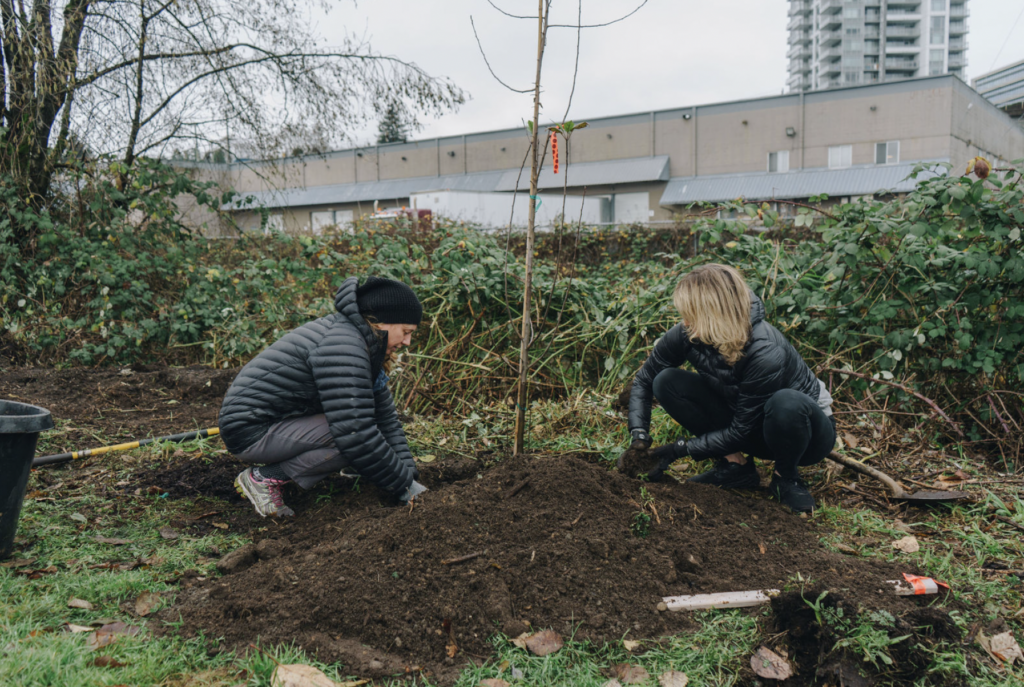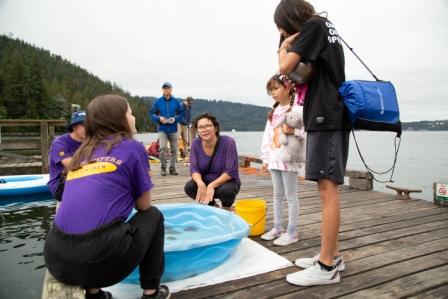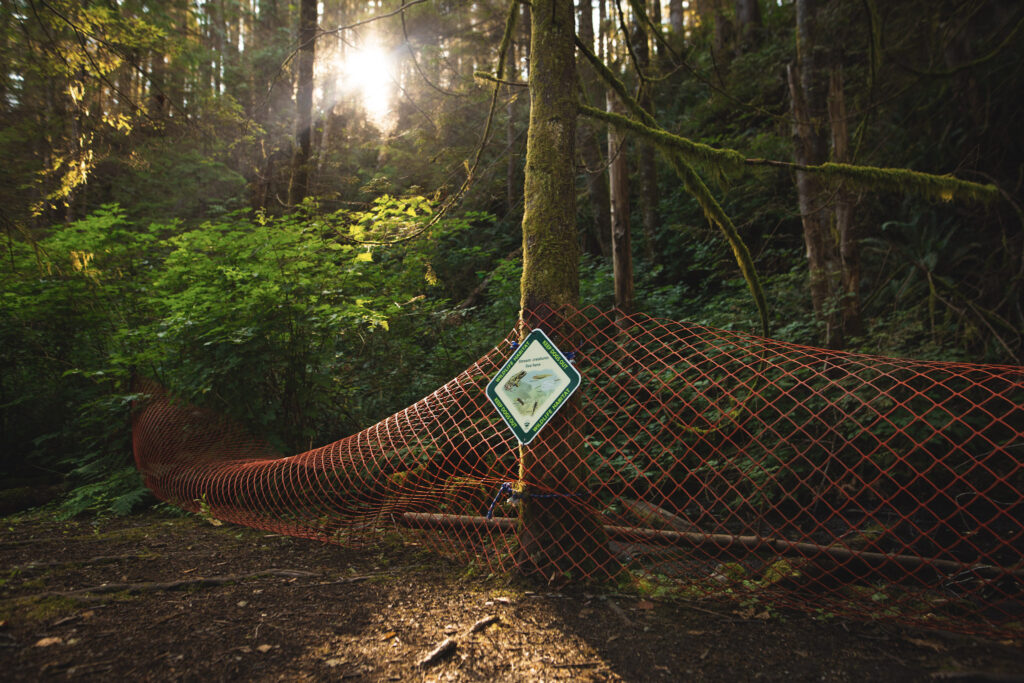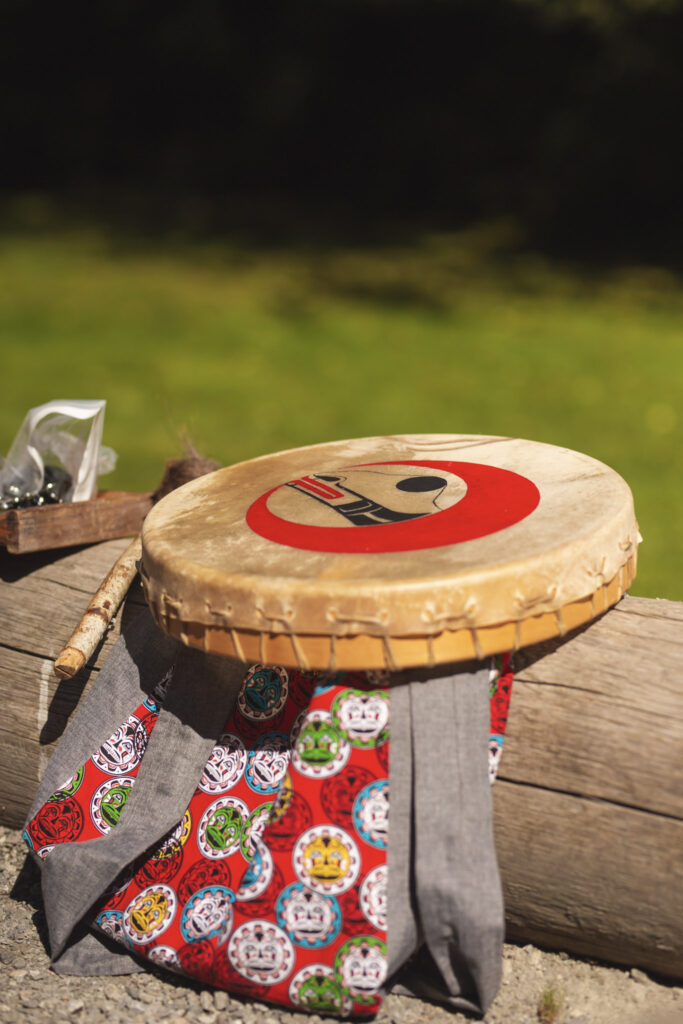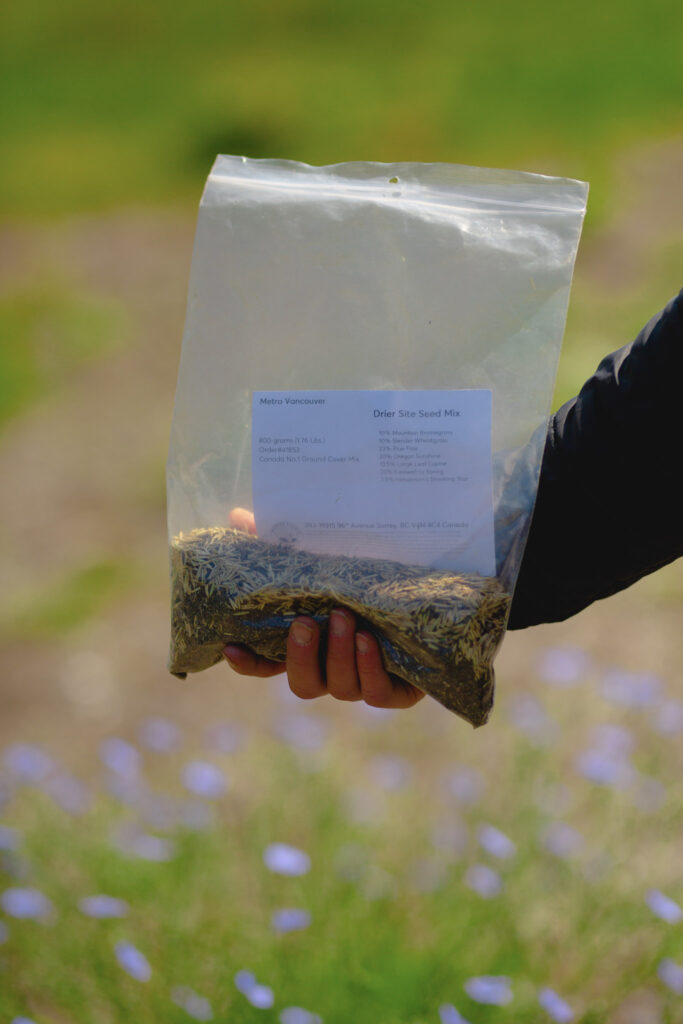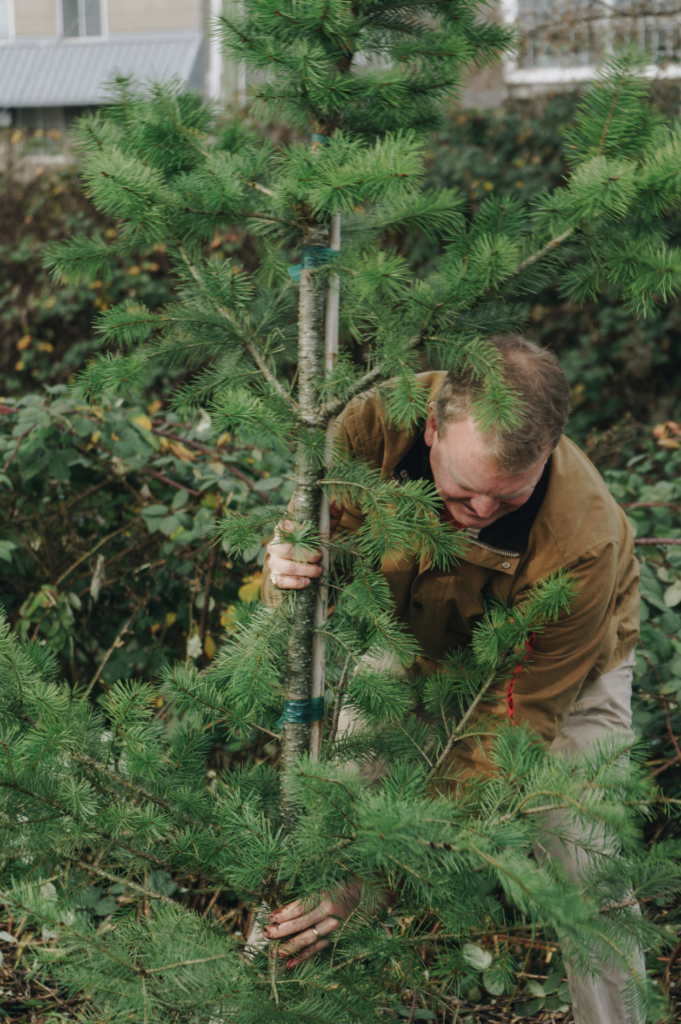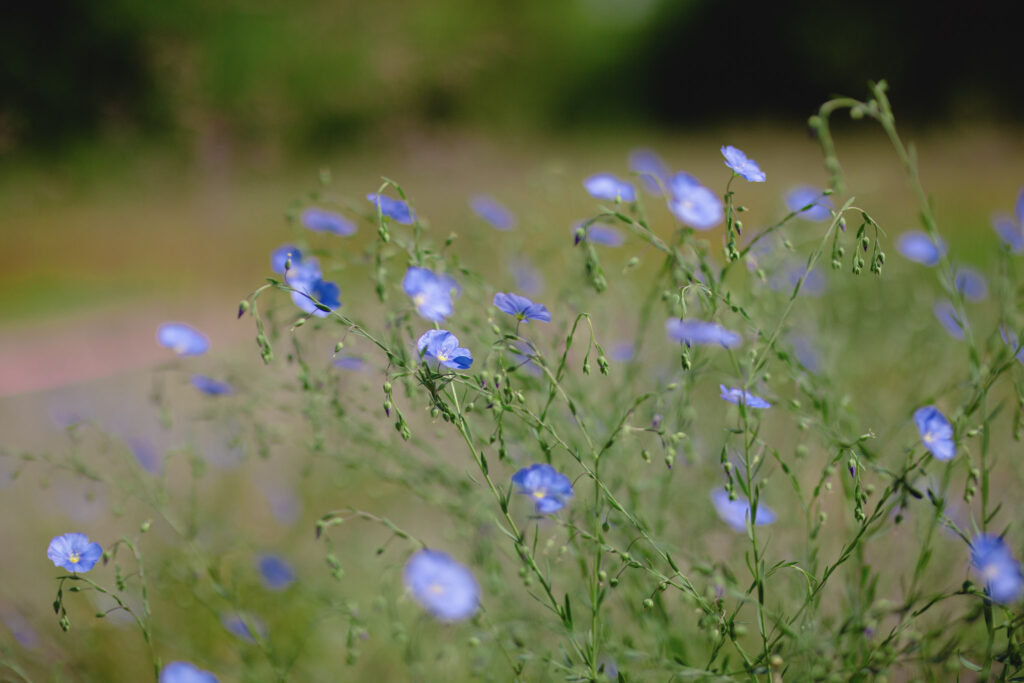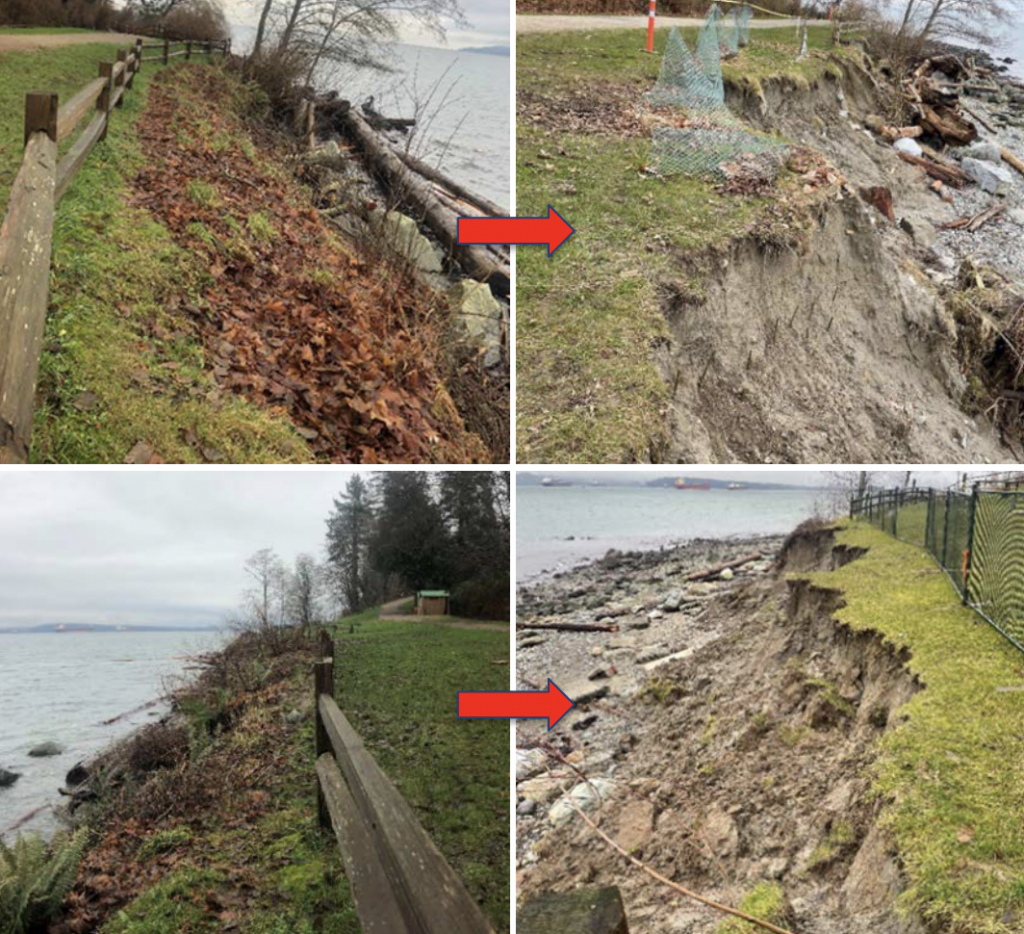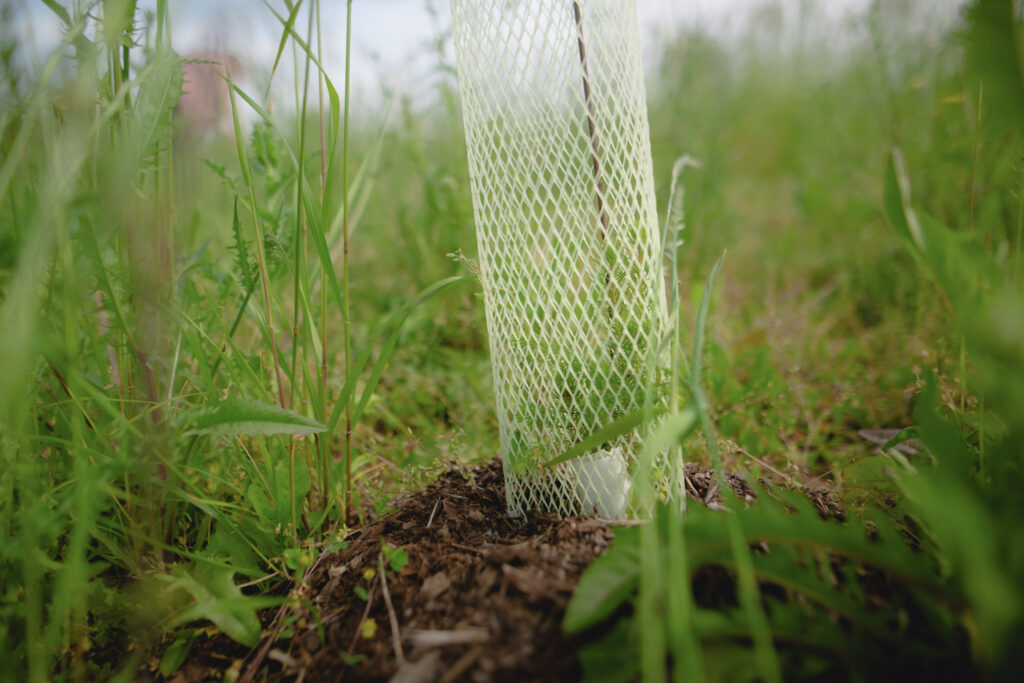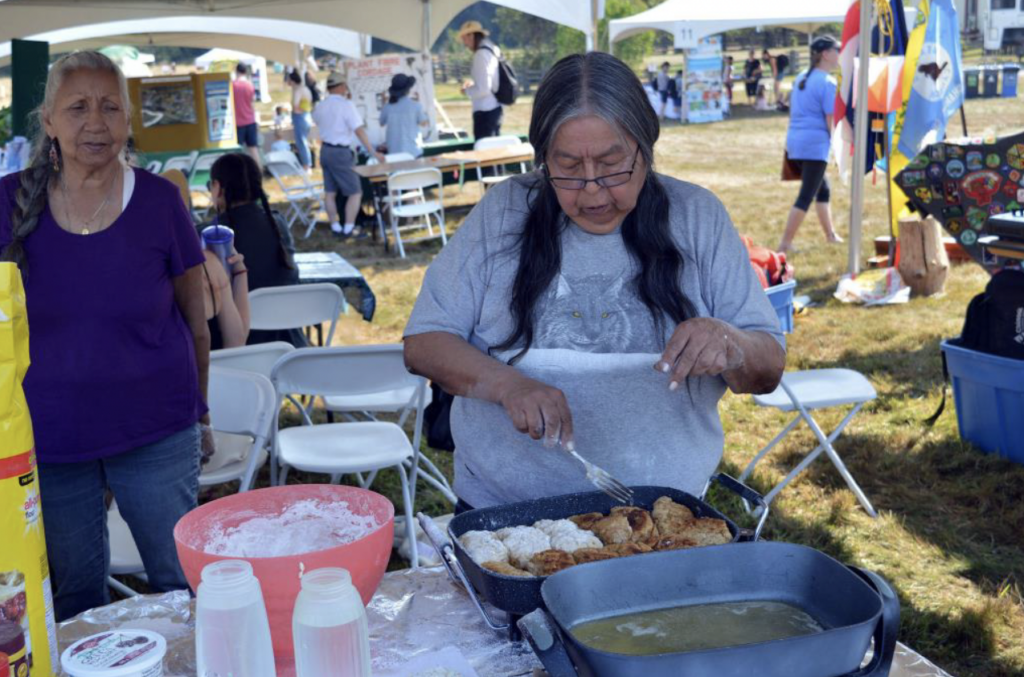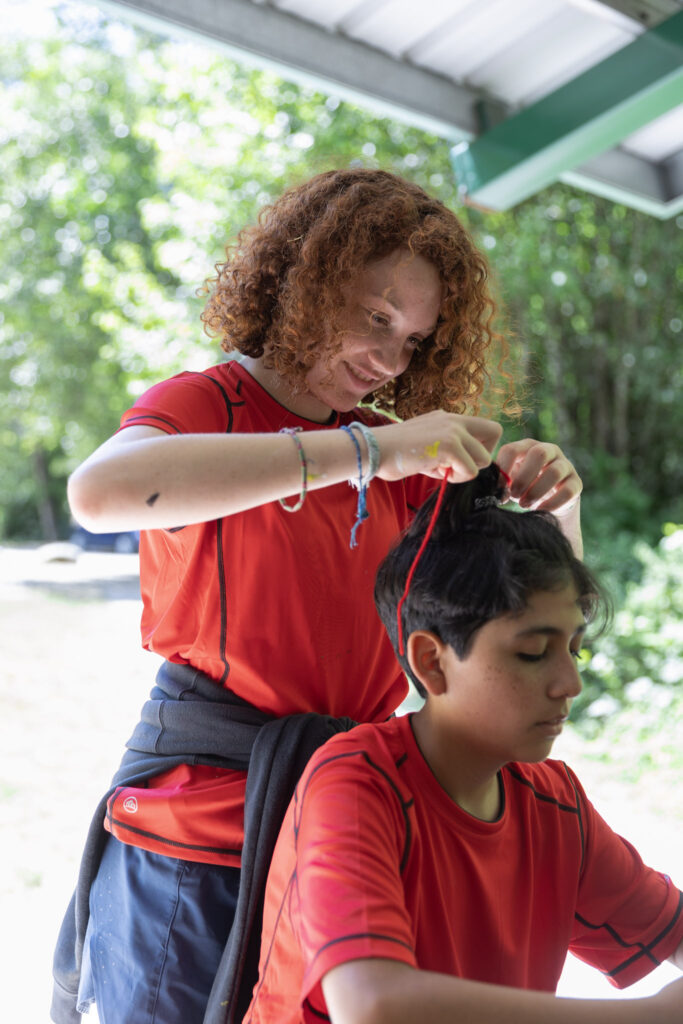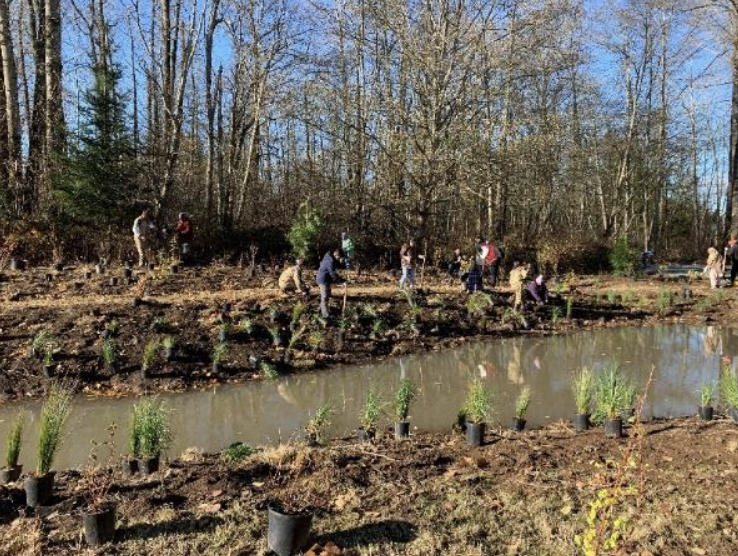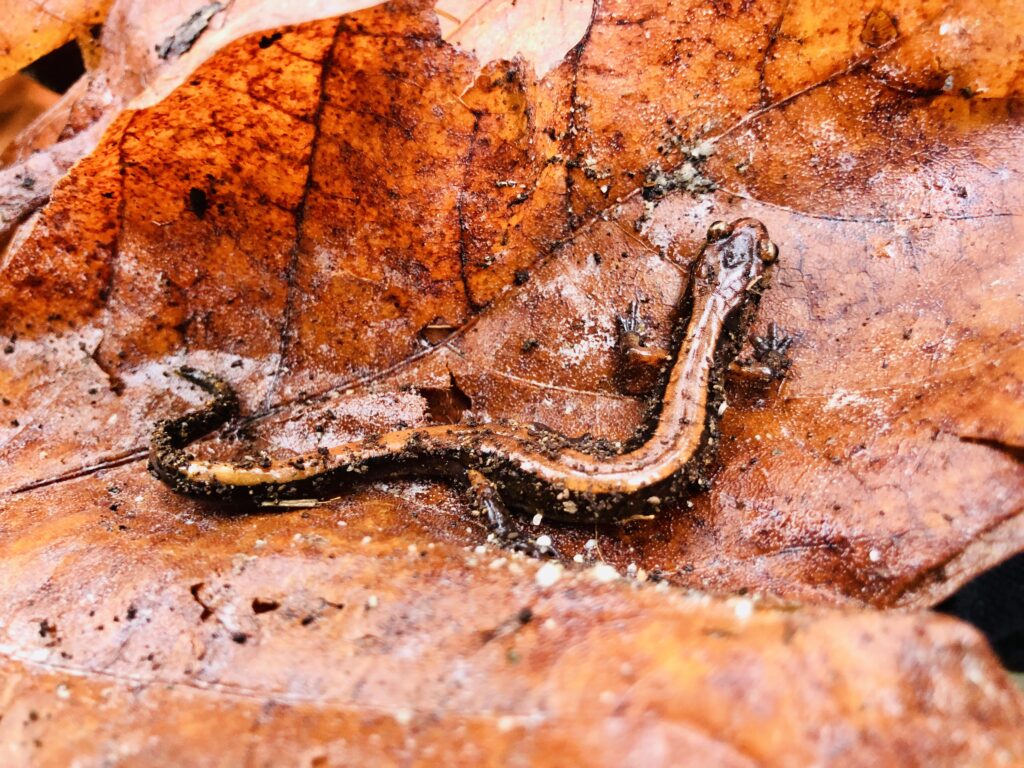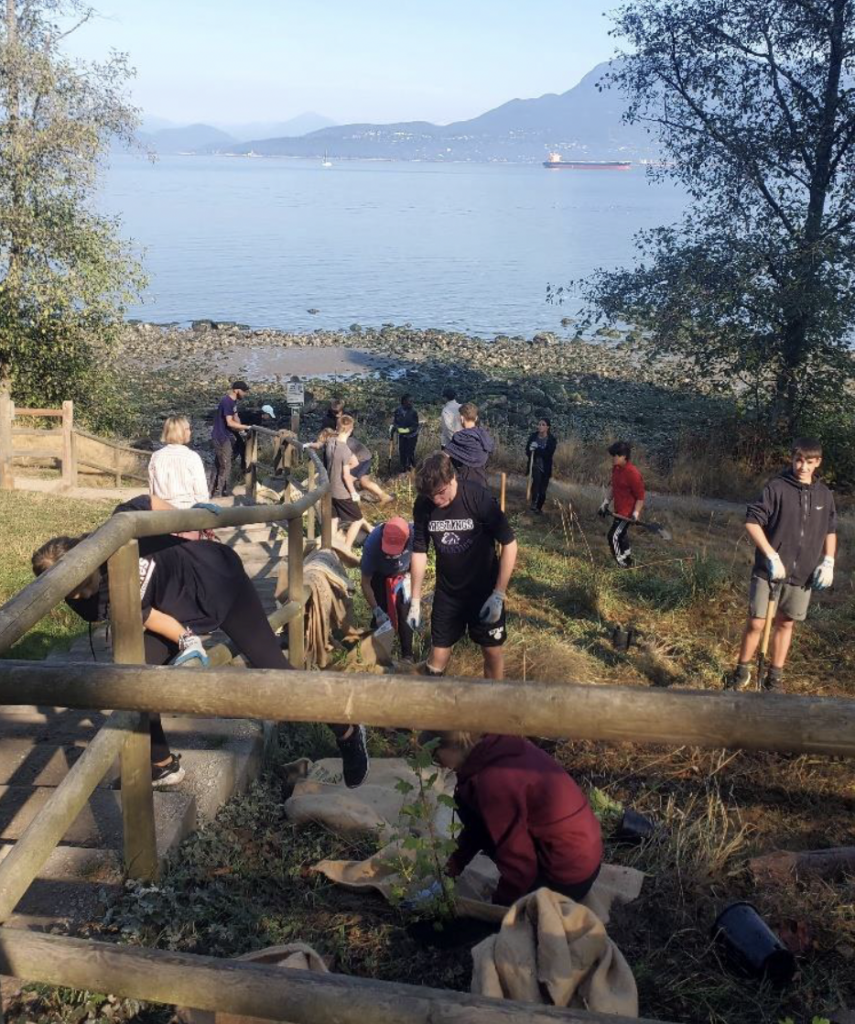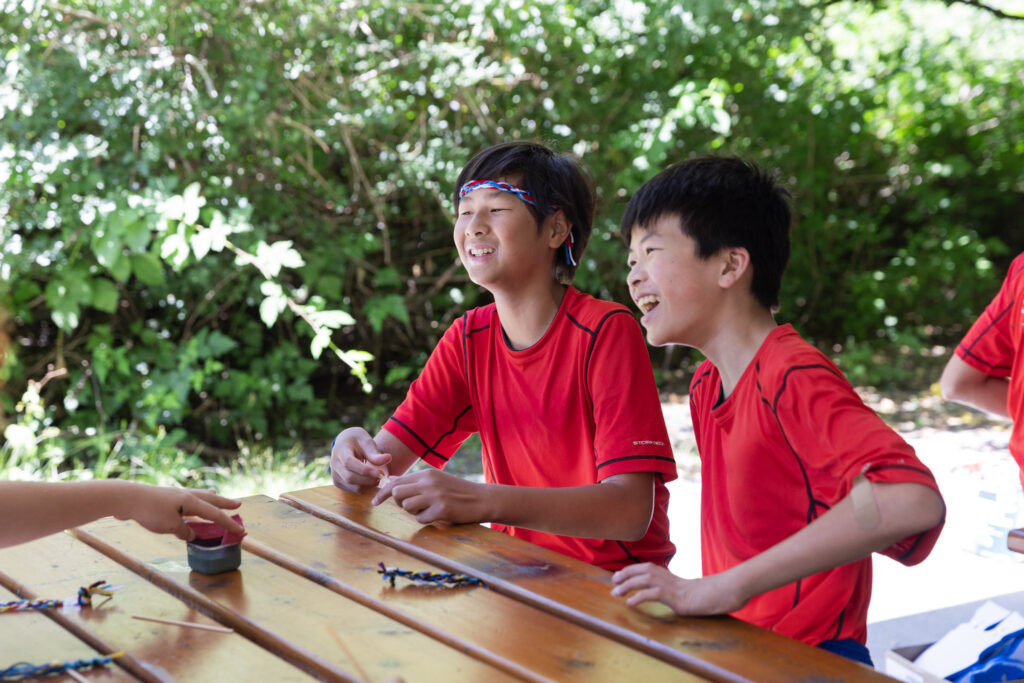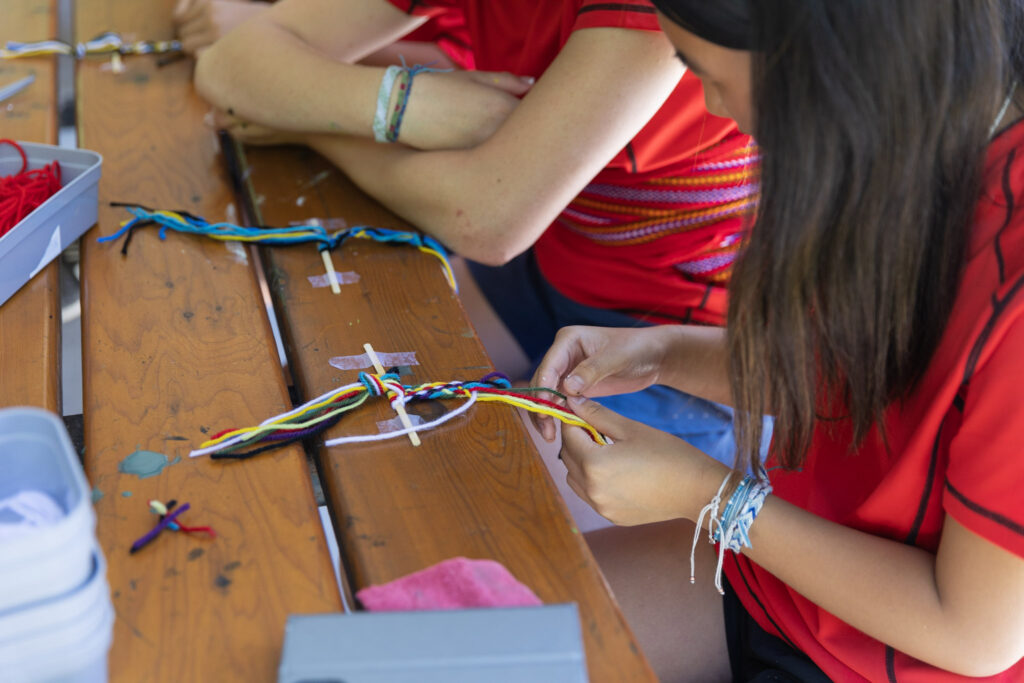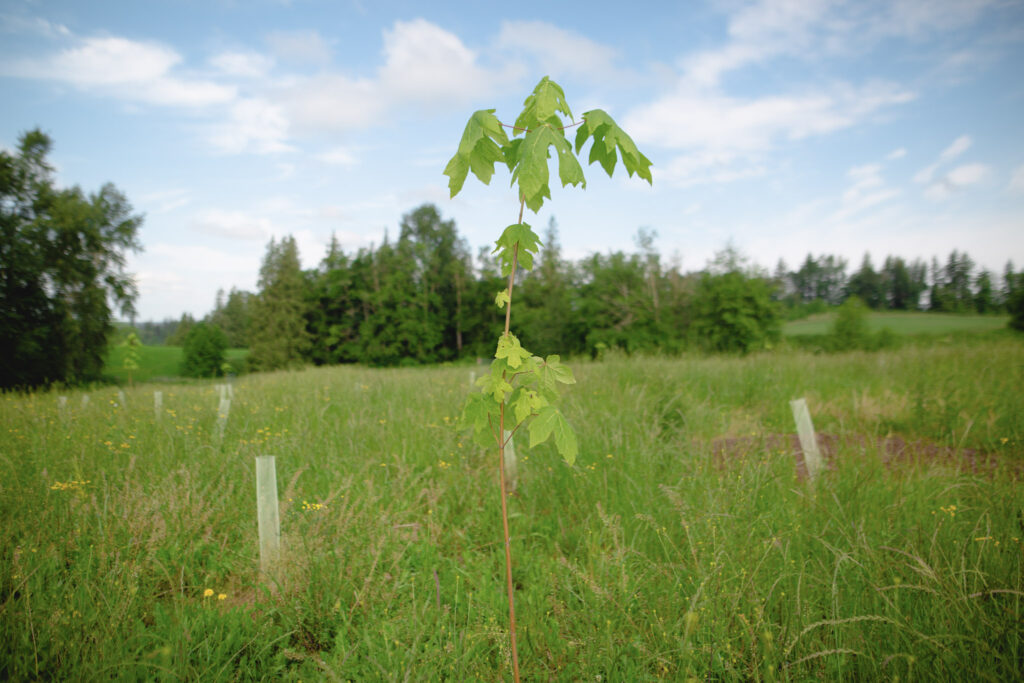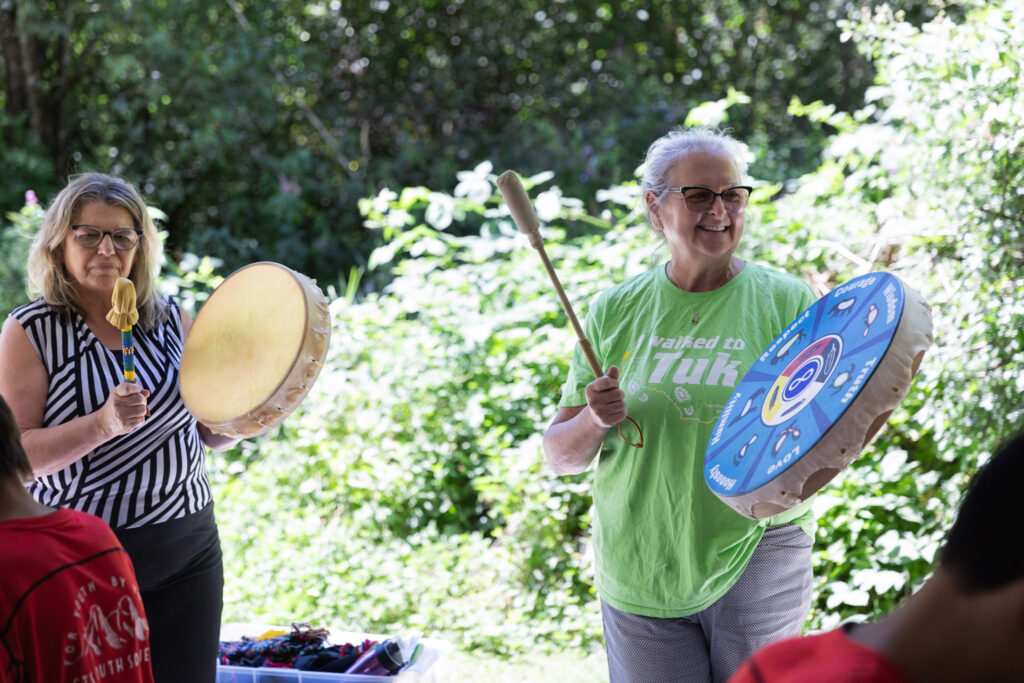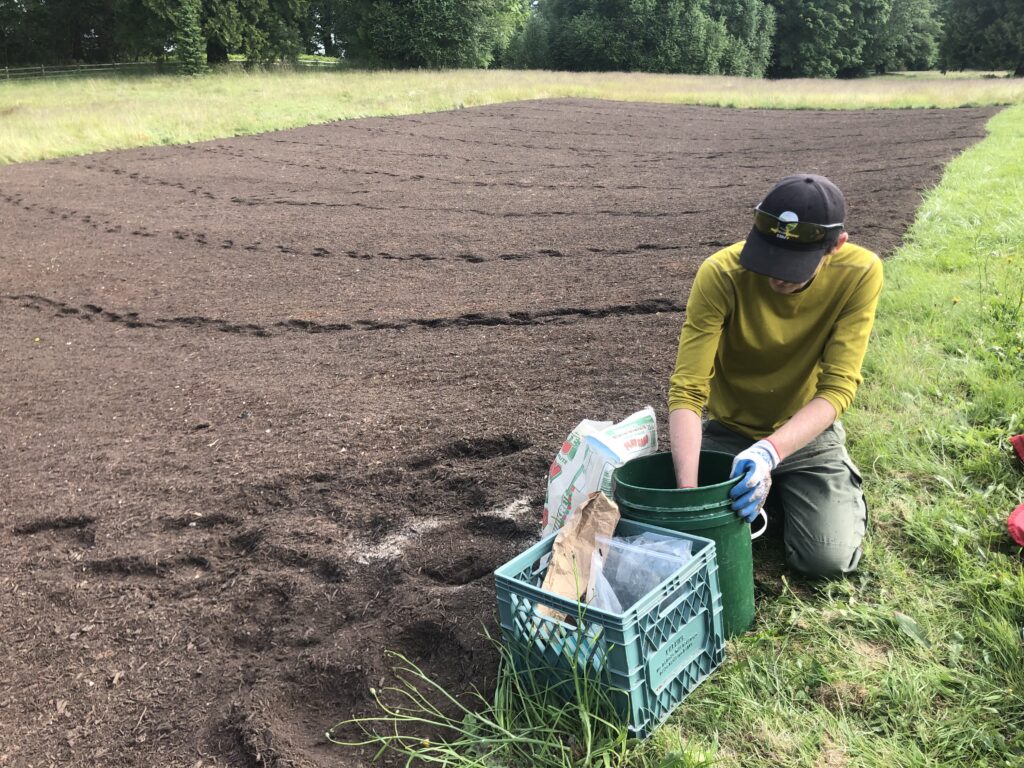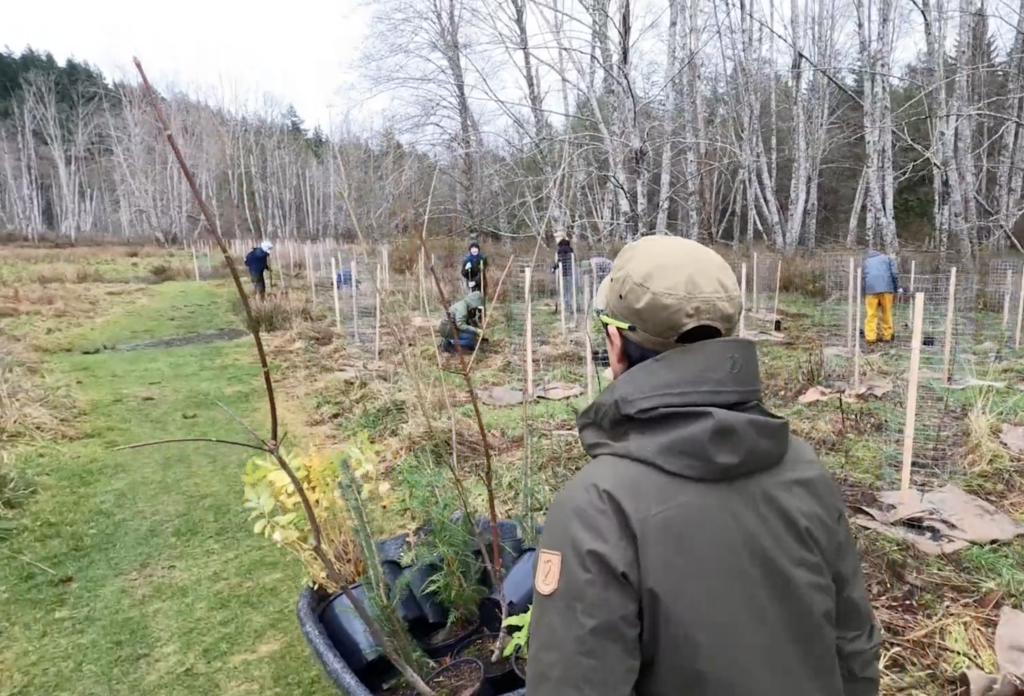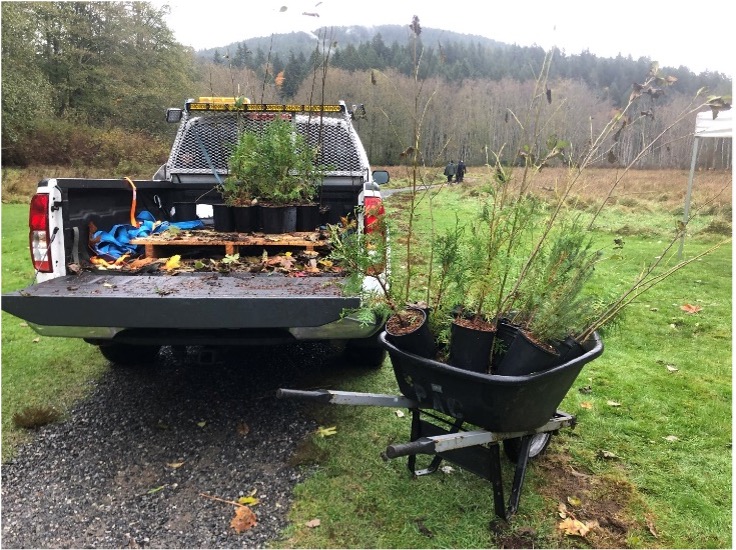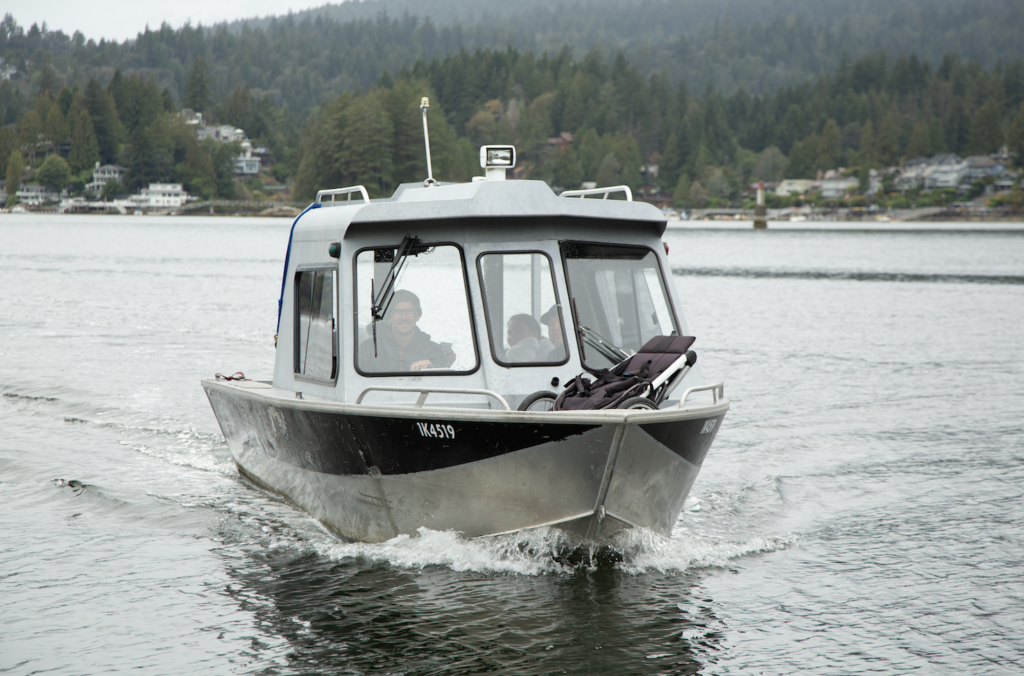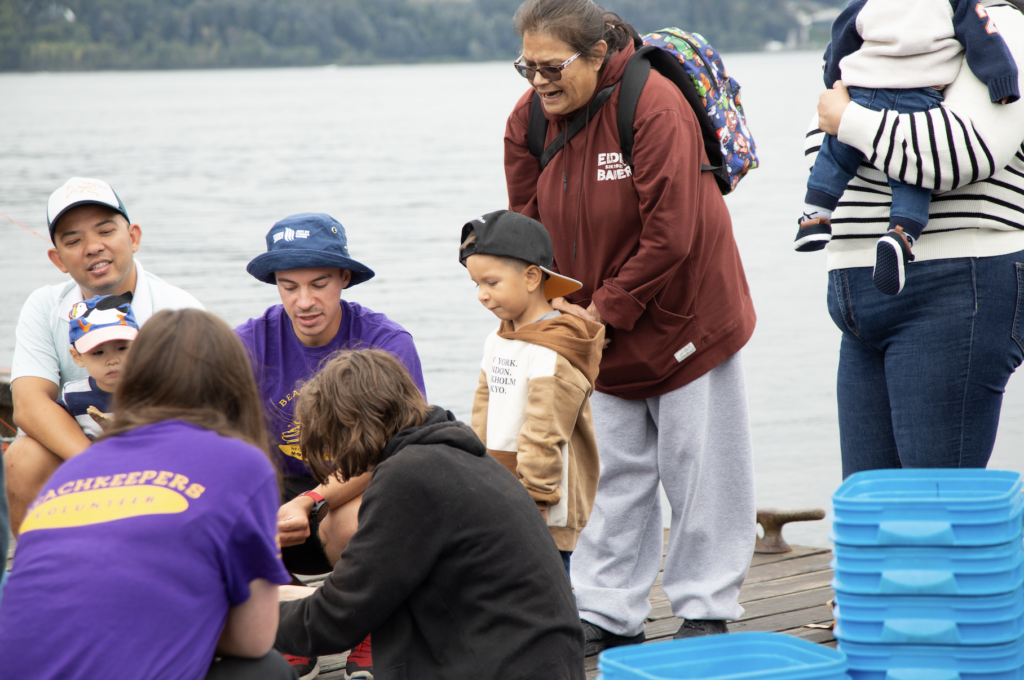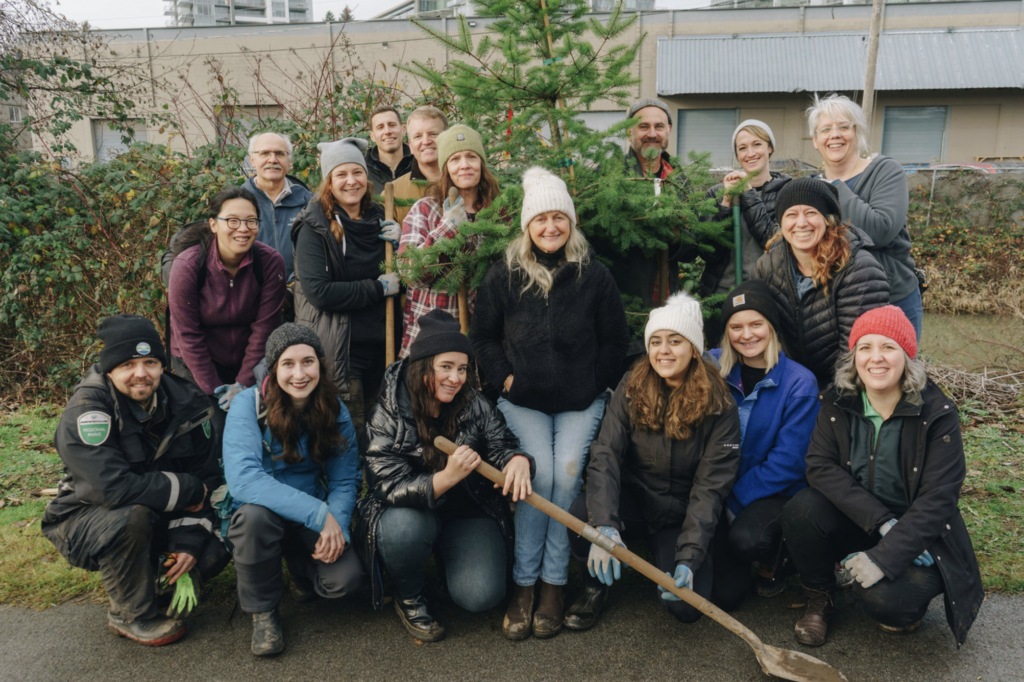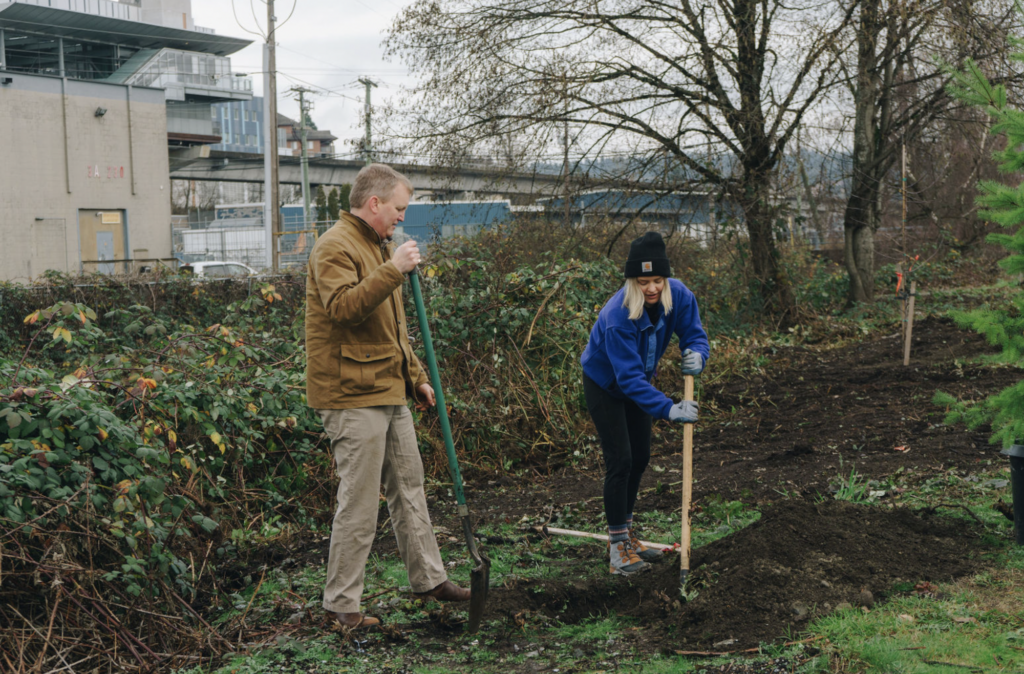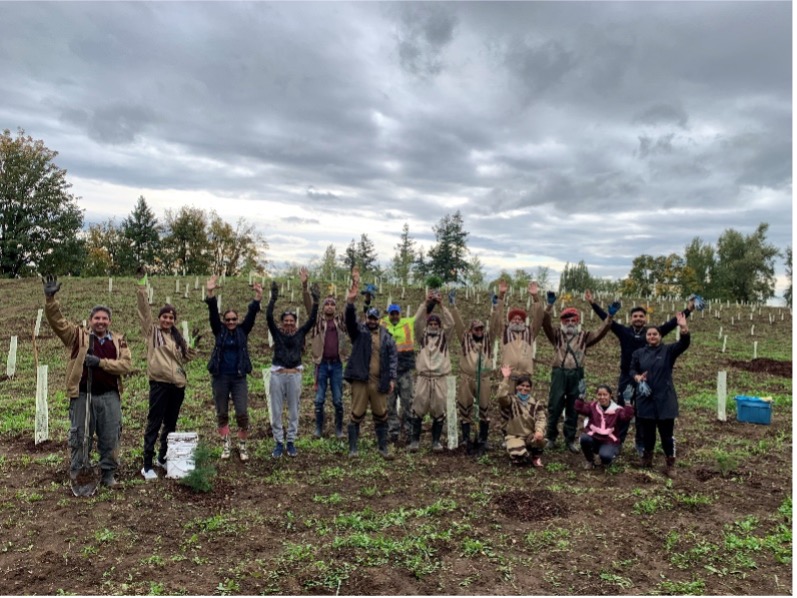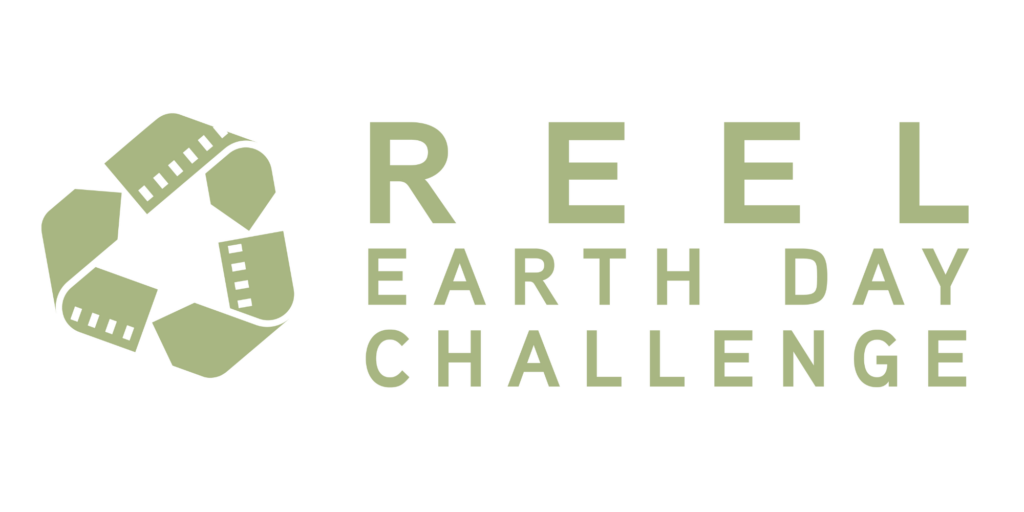During the annual REEL Earth Day Challenge, we rally support for a range of park initiatives, from wildlife habitat restoration to connecting people with nature, all aimed at preserving and enhancing our natural spaces for the benefit of current and future generations. Below are the projects that Reel Green™ at Creative BC and the REEL Earth Day Challenge made happen in April 2025. Click here to see the impact we have made since 2021!
Picnic in the Park Newcomer Event
Surrey Bend Regional Park | $5,000
Picnic in the Park is a welcoming event designed to connect newcomers to Metro Vancouver’s regional parks by removing barriers such as unfamiliarity with outdoor spaces, language challenges, and transportation. This event provides a safe and inclusive environment where participants can connect with nature, practice English, build community relationships, and experience the health benefits of the outdoors. By fostering a sense of belonging and confidence in exploring parks, this event encourages long-term engagement with nature and increased participation in public programs, helping newcomers feel at home in their new environment.
Bird Viewing Tower
Boundary Bay Regional Park | $20,000
A partnership between Metro Vancouver Regional Parks and the UBC School of Architecture and Landscape Architecture, this project will develop a bird viewing tower at Boundary Bay Regional Park to enhance wildlife observation and environmental education. The structure will provide an accessible, low-impact way for visitors to experience the park’s diverse bird populations while minimizing habitat disturbance. By creating a dedicated space for birdwatching, the project will support conservation awareness, improve visitor experiences, and foster a deeper connection to the region’s rich coastal ecosystems.
Floodgate & Salmon Research
ƛ̓éxətəm Regional Park | $15,000
This project will build off of funding previously raised by the REEL Earth Day Challenge to investigate how different types of floodgates impact fish passage, particularly salmon, in the Coquitlam River. The research is crucial for understanding and improving the conditions for salmon populations, which play a vital role in ecosystem health as well as informing future floodgate designs to minimize ecological impact while ensuring effective flood control. This innovative study is in partnership with Resilient Waters, UBC Pacific Salmon Lab, kʷikʷəƛ̓əm (Kwikwetlem First Nation), and Metro Vancouver Regional Parks.
Indigenous-Led Summer Camps
Various Regional Parks | $20,000
For it’s fourth year in a row thanks to REEL Earth Day Challenge funding, “Mishkoopitum” summer camps (hosted by CTS Youth Society) provide a culturally rich and empowering environment where all participants can learn from Indigenous knowledge and practices, fostering a deep connection to heritage, traditions, and the land. Through storytelling, traditional crafts, and land-based learning, these camps offer valuable opportunities for cultural exchange and mutual understanding.
Bat & Owl Habitat Boxes
Campbell Valley Regional Park | $5,000
This project will incorporate q̓ʷɑ:n̓ƛ̓ən̓ cultural recognition and knowledge into the design and installation of bat and owl boxes. These boxes, crafted with Indigenous cultural significance, will enhance local wildlife habitats while honoring the history and connection of Indigenous peoples to the land. By integrating cultural perspectives into this conservation effort, the project provides an opportunity for visitors to learn about Indigenous teachings and the importance of preserving biodiversity in regional parks.
Invasive Species & Local Food Education
East Area Regional Parks | $2,000
The Invasive Species & Local Food Education project aims to raise awareness about the harmful impact of invasive species, such as ivy and canary grass, on local food sources and ecosystems. Through informative displays and educational materials, the project will highlight how these invasive plants threaten native species and disrupt local food systems. By educating the public on why these species are harmful and how to address them, the project will promote more sustainable land management practices and encourage community involvement in invasive species control.
Ecoblitz Stewardship Activities
Various Regional Parks | $4,000
Ecoblitz is an annual environmental stewardship event aimed at restoring, enhancing, and protecting regional parks while engaging volunteers. While a very productive time for environmental stewardship, the event also fosters a sense of community ownership and responsibility towards the preservation of regional parks, empowering individuals to take an active role in environmental conservation.
Nature House Native Species Planting
Burnaby Lake Regional Park | $10,000
After years of invasive Himalayan blackberry suppression, the forest behind Burnaby Lake Nature House will be restored with native trees and shrubs, enhancing habitat for wildlife and improving biodiversity. As the Nature House serves as a hub for public education, this project will provide a living example of ecosystem restoration, demonstrating the importance of native species in maintaining healthy forests. By revitalizing this space, the project will support long-term ecological resilience while enriching environmental education for visitors.
Indigenous Ethnobotany & Language Signage
Campbell Valley Regional Park | $10,500
This project, located in Campbell Valley Regional Park, will integrate Indigenous knowledge by installing ethnobotany trail signs featuring plant names, uses, and cultural significance in hən̓q̓əmin̓əm̓, along with audio components to support language revitalization. By highlighting Indigenous relationships with the land, the project fosters deeper understanding, respect, and education for all park visitors while preserving and sharing important cultural knowledge for future generations.
Lagoon Habitat Restoration
Crippen Regional Park | $15,000
This project will focus on replanting native species under degraded alder forests around the lagoon to improve biodiversity and restore ecosystem functions. This restoration effort will enhance wildlife habitat, support water quality, and contribute to the long-term health of the lagoon ecosystem. By revitalizing this area, the project aims to foster greater ecological resilience while providing valuable educational opportunities for visitors to learn about habitat restoration in regional parks.
Past REEL Earth Day Challenge Funded Projects
- Indigenous Public Programming | East Area Parks
- Pond Creation | Campbell Valley Regional Park
- Floodgate & Salmon Research | ƛ̓éxətəm Regional Park (formerly Colony Farm)
- Reforestation Maintenance| Lynn Headwaters Regional Park
- Indigenous-led Summer Camps | Various Regional Parks
- Grand Fir Trail Restoration | Pacific Spirit Regional Park
- Sedge Field Restoration | Aldergrove Regional Park
- Homes for Raptors | Campbell Valley Regional Park
- Mental Health Support for Youth | Various Regional Parks
- New Life for Rare Ecosystems | Iona Beach Regional Park
- Indigenous Summer Camp Programs for Youth | Various Regional Parks
- Wildlife Habitat Enhancement | Tynehead Regional Park
- Connect Indigenous Youth with Ancestral Lands | təmtəmíxʷtən / Belcarra Regional Park
- Indigenous Summer Camp Programs for Youth | Various Regional Parks
- Creekside Habitat Restoration | Capilano River Regional Park
- Acadia Beach Climate Action | Pacific Spirit Regional Park
- Increase Indigenous Visibility | təmtəmíxʷtən / Belcarra Regional Park
- Amphibian Habitat Protection | Capilano River Regional Park
- Indigenous Programming Collaboration | Aldergrove & Campbell Valley Regional Parks
- Reforestation | Aldergrove Regional Park
- Pollinator Meadow | Pacific Spirit Regional Park
- Invasive Species Removal | Capilano River Regional Park
- Wetland Restoration | Crippen Regional Park
- Reforestation | Kanaka Creek & Tynehead Regional Parks
- Native Species Plantings | Brunette-Fraser Regional Greenway
- Rare Coastal Ecosystem Protection | Boundary Bay Regional Park
